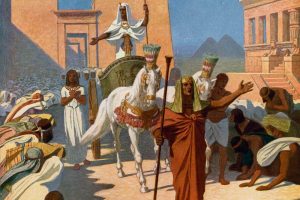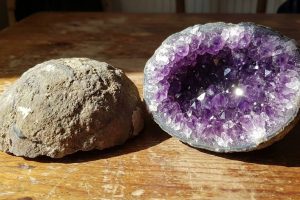Hebrew vs. Aramaic
Hebrew vs. Aramaic
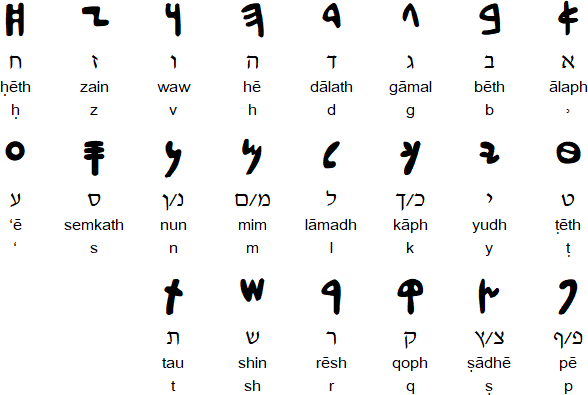
Shalom and happy Thanksgiving to all our American friends and students!

This Shabbat we will read Torah portion “Va’Yetzeh”.
Here is this portion in a nutshell:
Jacob leaving his hometown of Beersheba and goes to Charan.
There he marries two sisters – Leah and Rachel.
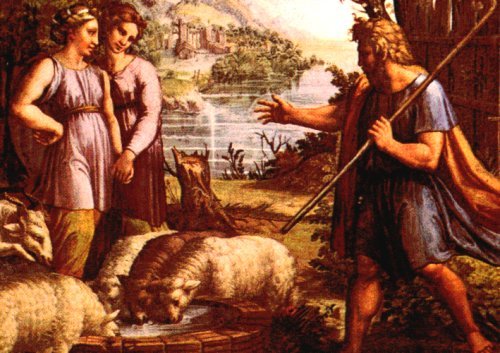
Leah gives birth to six sons: Reuben, Simeon, Levi, Judah, Issachar and Zebulun and a daughter, Dinah.
Rachel gives Jacob her handmaid, Bilhah, as a wife to bear children in her stead, and two more sons, Dan and Naphtali, are born.
Leah does the same with her handmaid, Zilpah, who gives birth to Gad and Asher.
Finally, Rachel’s prayers are answered and she gives birth to Joseph.
Jacob leaves Charan in stealth, fearing that Laban would prevent him from leaving with the family and property for which he labored.
Laban pursues Jacob, but is warned by G‑d in a dream not to harm him.
Eventually, Laban and Jacob make a pact attested by a pile of stones.
The Torah states:
וַיֹּאמֶר יַעֲקֹב לְאֶחָיו לִקְטוּ אֲבָנִים, וַיִּקְחוּ אֲבָנִים וַיַּעֲשׂוּ גָל, וַיֹּאכְלוּ שָׁם עַל הַגָּל. וַיִּקְרָא לוֹ לָבָן יְגַר שָׂהֲדוּתָא
וְיַעֲקֹב קָרָא לוֹ גַּלְעֵד
“And Yaakov said to his brothers, ‘Gather stones.’
They gathered stones and made a mound, and they ate there by the mound.
Lavan called it ‘Yegar-Sahaduta’ and Yaakov called it ‘Gal-Eid.” (Gen. 31: 46-47)

Question:
Why was it important to the Torah to tell us what Lavan called the mound of stones and what name Yaakov gave to it?
After all, the Torah is usually so ‘frugal’ with words.
The commentator Rabbi Ovadiah Seforno brings an interesting point.
In his opinion, Torah wanted to emphasize that Lavan used Aramaic language to name the place “Yegar-Sahaduta” and Yaakov used the Hebrew language (the holy tongue) to name the place “Gal-Eid (witnessing-mound)”.
The Torah wants to point out that even though Yaakov had been outside of Israel for many years (20), he did not change the holy tongue (Hebrew) that he learned from his father Yitzhak at home.
In fact, our Sages pointed out that like his father, Yaakov taught too Hebrew to his sons.
The fact that they retained use of the Hebrew language in Egypt was one of the key reasons that they were redeemed.
“We were led out of Egypt because we kept three things intact: our name, our clothing, and our language.”
So, let’s continue this wonderful tradition of learning Hebrew!
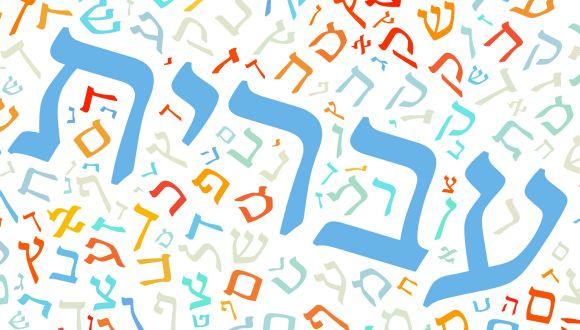
Here are several words/expressions in moder Hebrew associated with the word אבן – (even) – stone that appears in our Torah portion:
אבן דרך (even derekh) – mile stone
(lit. Road stone)
אבן חן (even khen) – gem stone
אבן על הלב (even al halev) – distress
(lit. stone on the heart)
אבן פינה (even pinah) – cornerstone

Hebrew is the cornerstone of our heritage and of our future!
Shabbat Shalom,

Orly & Yoel
You can find our previous posts at:
https://www.ulpanor.com/category/newletter/



